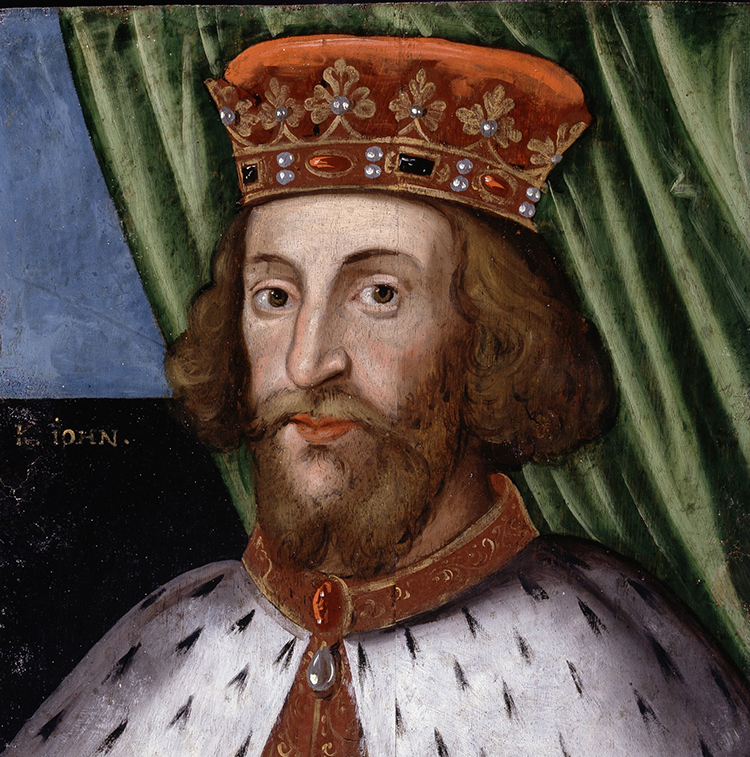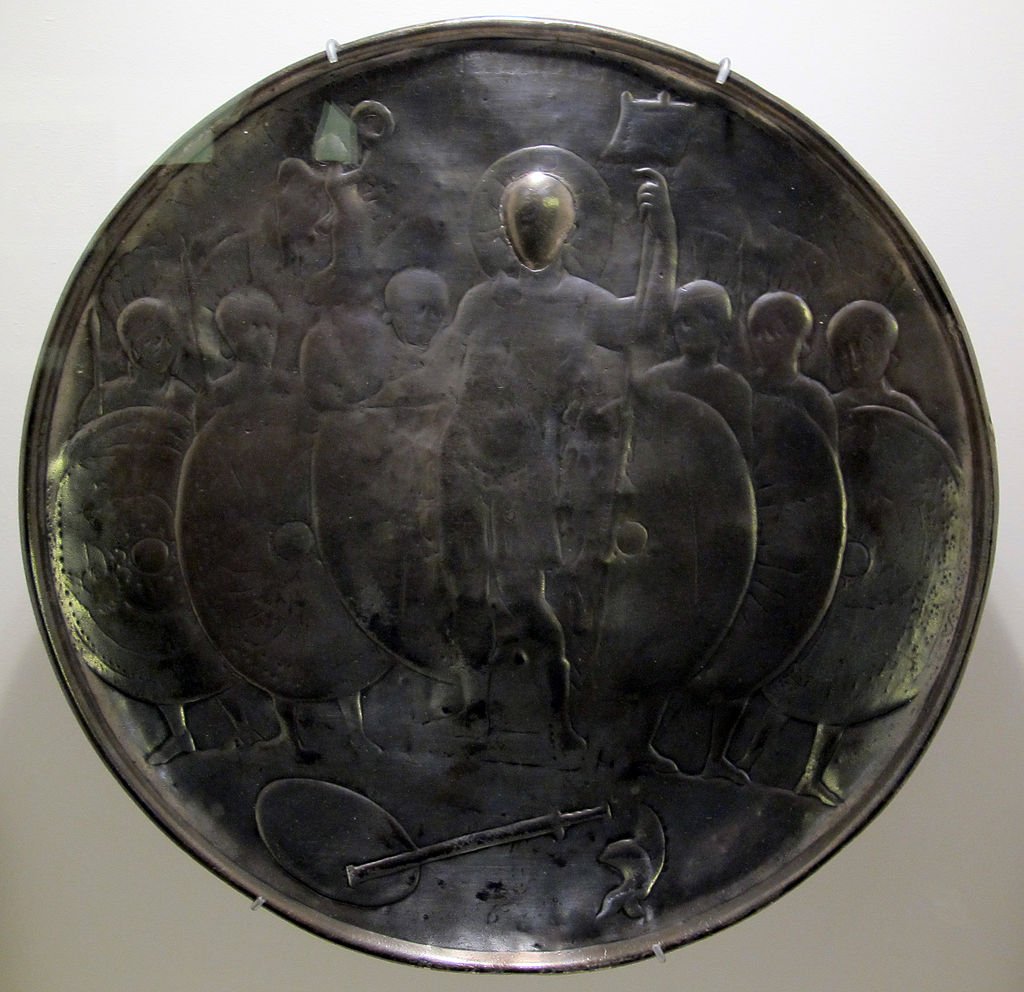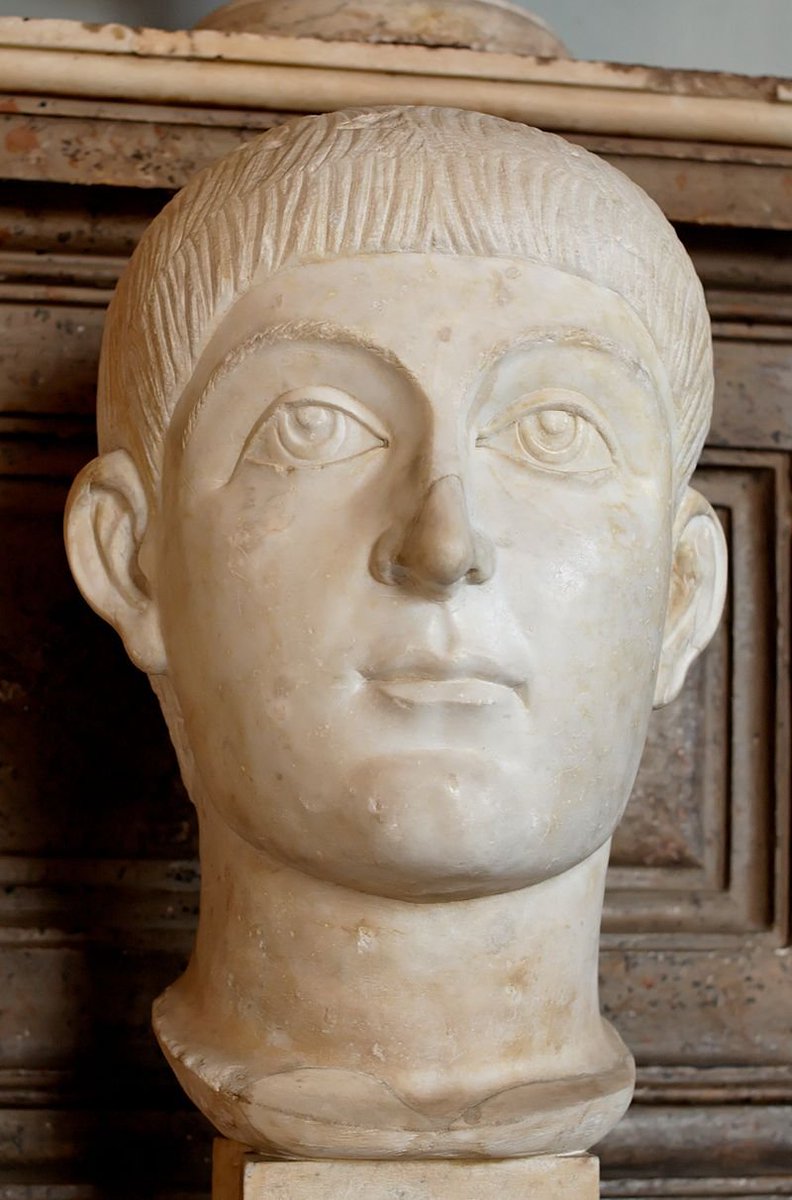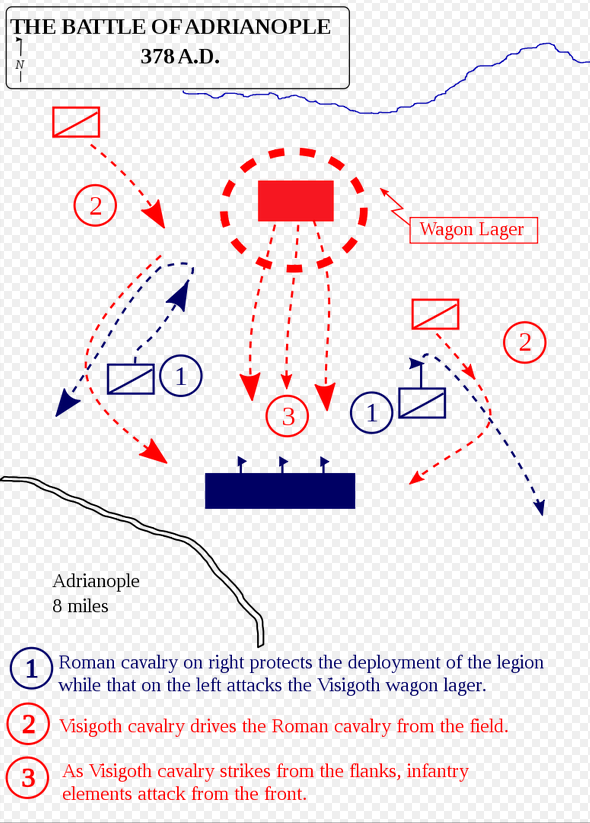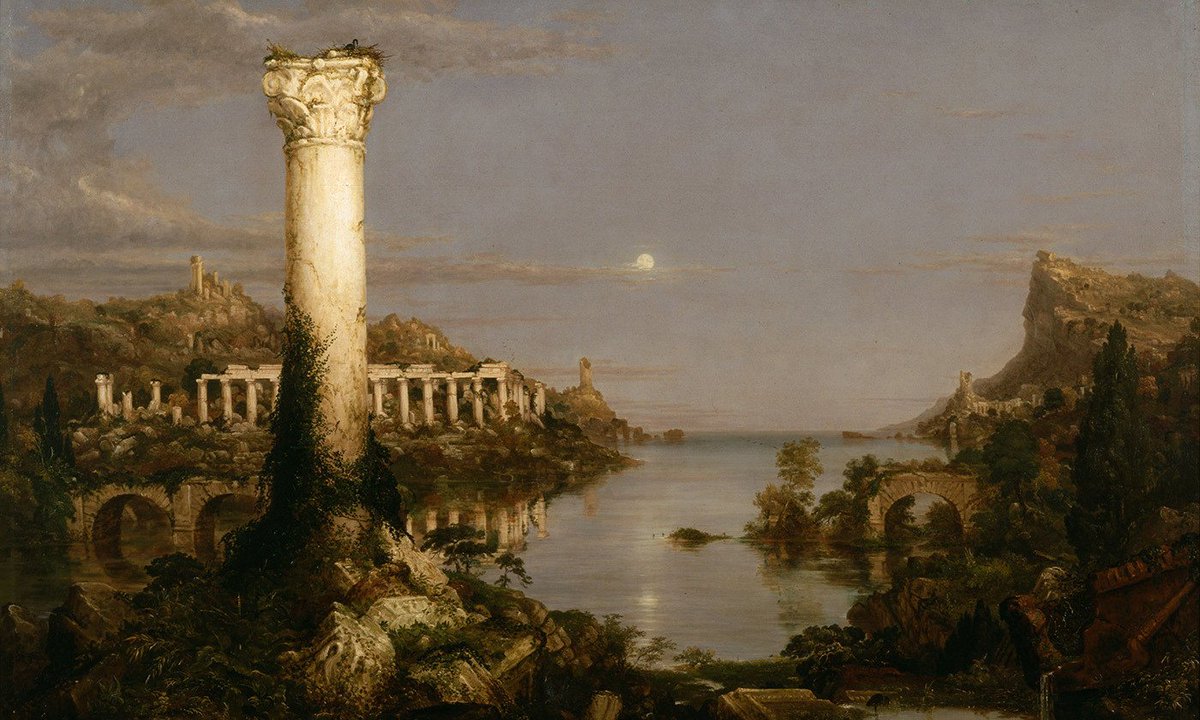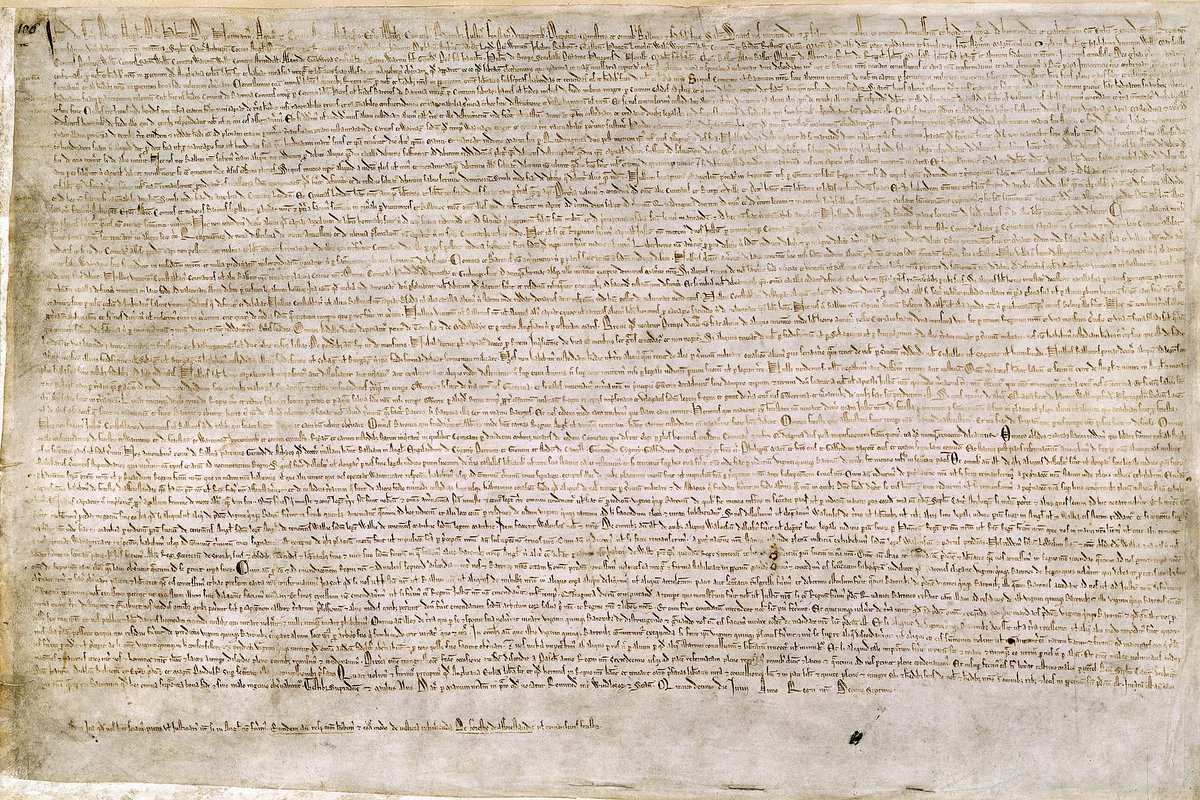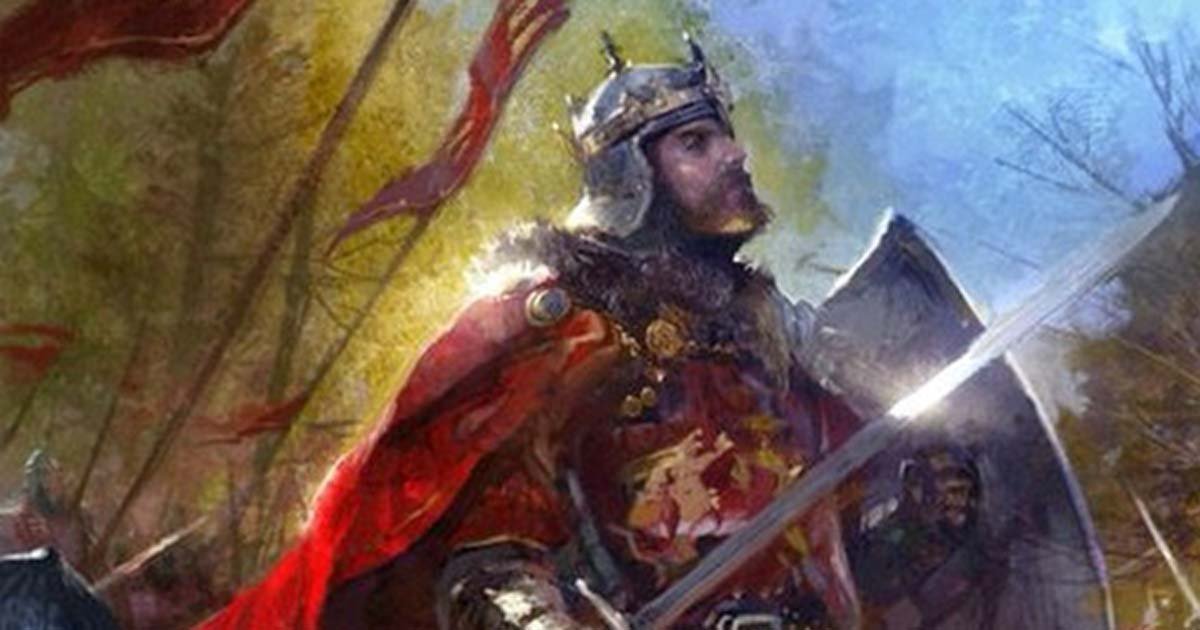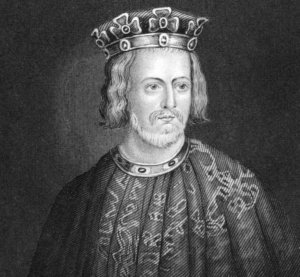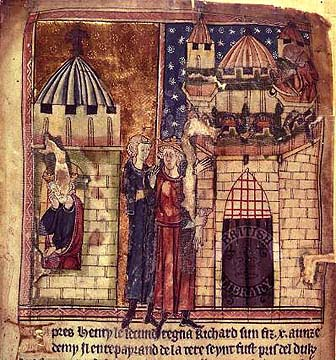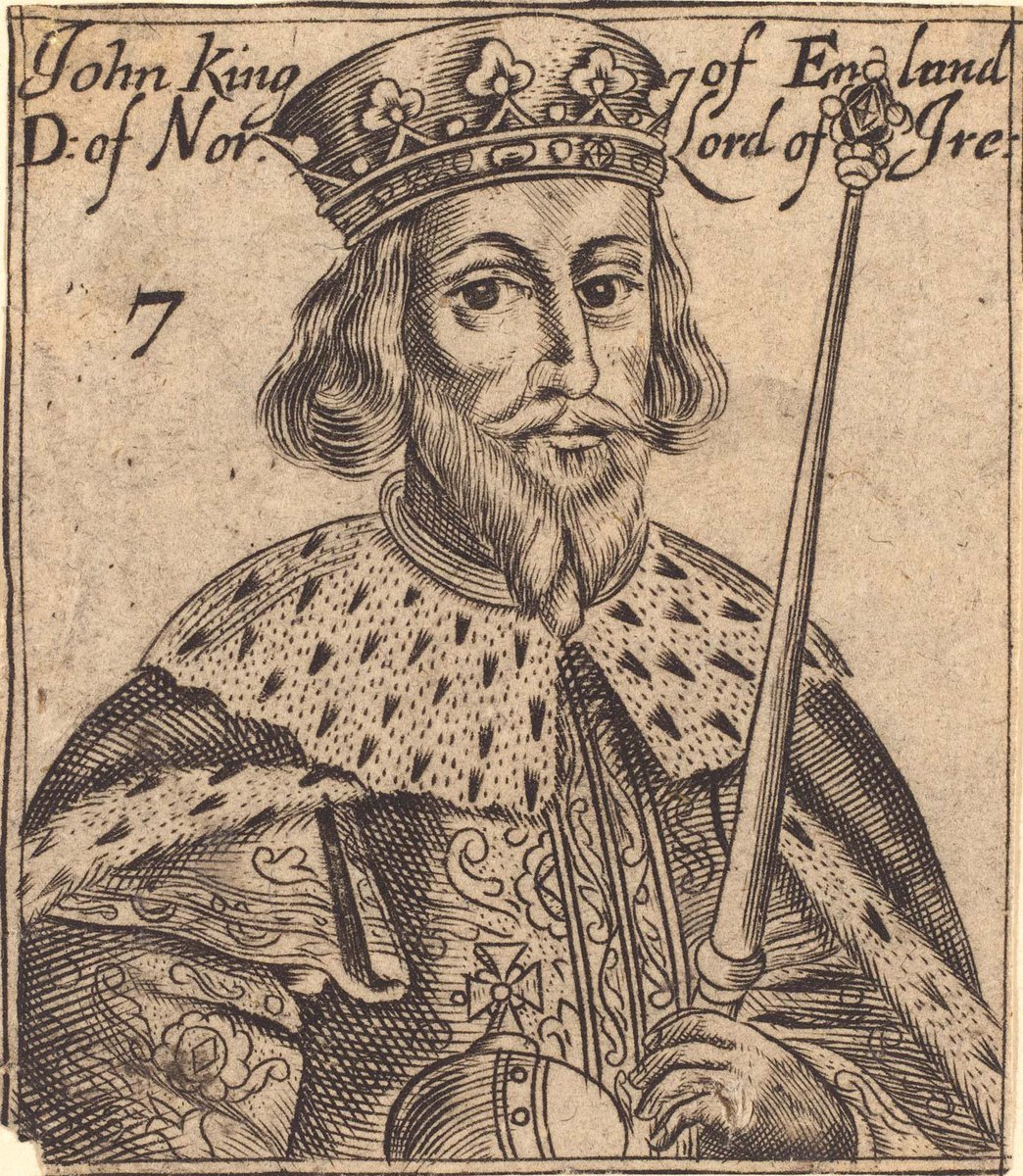Frodo the Chimp, Eastern Roman Emperor Valens, King John of England...what do any of these have in common?
Not much on face value, but I was stricken today how similar their stories of brotherly envy are. Surpassed by a superior older brother, each would later come to rule their respective groups with an iron fist in the shadow of their brother& #39;s charisma, personality flaws abound.
Described in Jane Goodall& #39;s books, much of the story of the Kasakela chimp community revolves around the family of matriarchal chimpanzee Flo (who died in 1972). In 1993, Flo& #39;s oldest son, Freud became alpha male of the large troop. Described by Jane Gooddall as a wise leader,
Freud did much to keep in good relations: he groomed others, used threat displays rarely, and was kind to females. In 1997, things changed when Freud contracted mange. Having not caught it, possibly due to a lack of social association, Freud& #39;s brother Frodo usurped the alpha.
Frodo was a different leader than his older brother, ruling by intimidation. As the largest chimpanzee in the community and its most aggressive hunter, Frodo could push his weight around. He often attacked humans, including cartoonist Gary Larson and Jane Goodall herself.
In 2002, the same year he kidnapped and killed a human infant, Frodo was usurped by a coalition after contracting disease. Although he never reclaimed alpha status, Frodo continued intimidation streaks into late life. He eventually died in 2013 from an infected bite to his groin.
Another textbook example of brotherly envy, the emperor Valens was 36 years old when his brother, Valentinian, became emperor in 364. Realizing the daunting task ahead of him, Valentinian, a talented commander, appointed his younger brother as Eastern Emperor his own ascension.
While Valentinian had proven his worth in numerous campaigns, successfully ending a revolt in Africa, pushing back assaults on Roman Britain, pushing across the Rhine and Danube, and reinforcing the boundaries of the empire, Valens had no military nor civic experience.
In 375, Valentinian, Rome& #39;s last great emperor, died of a brain hemorrhage while arguing with a barbarian chief. His son, Gratian ascended to the position in the West while Valens remained in the East. In 377, Valens struck a deal to resettle Goths, being pressured by the Huns,
in the Eastern Roman Empire. This deal would soon collapse when additional Goths, not part of the original deal, turned the resettlement into an invasion. In 378, this invasion culminated in the now infamous Battle of Adrianople.
During the campaigns in the East, Valens had become jealous of the victories of his younger nephew and newly appointed generals over the Goths. Hearing the Goths were marching on Adrianople, Valens marched personally to intercept the Goths before they reached the city.
Having reached the city, Valens was told to await the arrival of his nephew& #39;s forces before attacking. Having seen the ease by which his contemporaries had destroyed Gothic forces, Valens took command of the army on August 9th and assaulted their forces.
Valens& #39; assault was a disaster of civilizational proportions. Having critically miscalculated the presence of Gothic cavalry, losses were staggering. Out of the 20-30 thousand soldiers who were present, it is estimated that at least 2/3rds perished, including the emperor himself.
The battle to this day is considered to be one of the harbingers of the fall of the Roman empire less than 100 years later.
Brother to Richard the Lionheart, neither John nor Richard were in line to take the English throne. Instead, the eldest, Henry, was in the line of secession. After being crowned King in 1170 during his father& #39;s reign, he died in 1183 at the age of 28, never fully coming to power.
Although their father, Henry II, was able to hold the throne for several more years, he died in 1189, leaving the crown to Richard. Richard never wanted to be king. As a lifelong Crusader, Richard spent very little time in England.
In 1192, three years into his reign, Richard was captured and held in captivity by a vassal of the Holy Roman Emperor. John immediately worked with King Phillip of France to stage a coup of his brother.
When the Holy Roman Emperor& #39;s ransom request came close to being fulfilled by John and Richards& #39; mother, Eleanor of Aquitaine, John and Phillip sent a counter-offer: continue to hold the captured king in exile for another year so John could complete the coup.
Unfortunately for John, the Emperor accepted the ransom from Eleanor, and Richard was released. Although Richard would forgive John upon his return, the coup created a deep rift between Phillip and Richard. Richard would later die by crossbow suppressing a revolt in France.
Following his brother& #39;s death, John finally got his wish and was crowned King of England in 1199.
John& #39;s rule remains one of the most notorious in English history. His power struggles led to a baronial revolt that created the Magna Carta, severely limiting the power of future monarchs. His reign is memorized in the stories of Robin Hood, who actively worked against his rule.
What& #39;s interesting to me is the weight of these stories of brotherly envy and how familiar they seem to us today. I& #39;m sure chroniclers in the 12th century would have drawn similarities to the story of Valens and Valentinian, watching one blow up in his brother& #39;s shadow.

 Read on Twitter
Read on Twitter
